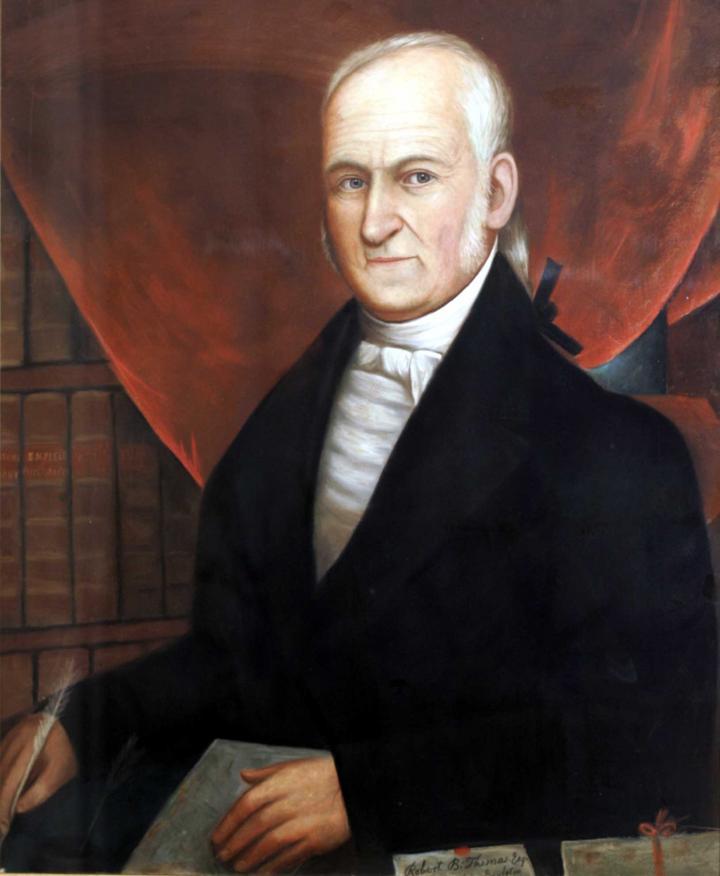
Photo Credit
Brent Hofacker/Shutterstock
Yield
about 3 quarts
Category
Course
Occasions
Preparation Method
Sources
Ingredients
1 14-pound turkey, preferably fresh
2-1/4 cups kosher salt
1 cup granulated sugar
3 bay leaves
3 cloves garlic, crushed
1 tablespoon black peppercorns, cracked with the bottom of a skillet
2 to 3 sprigs each of fresh rosemary, thyme, and sage
2-1/2 gallons cold water













Comments